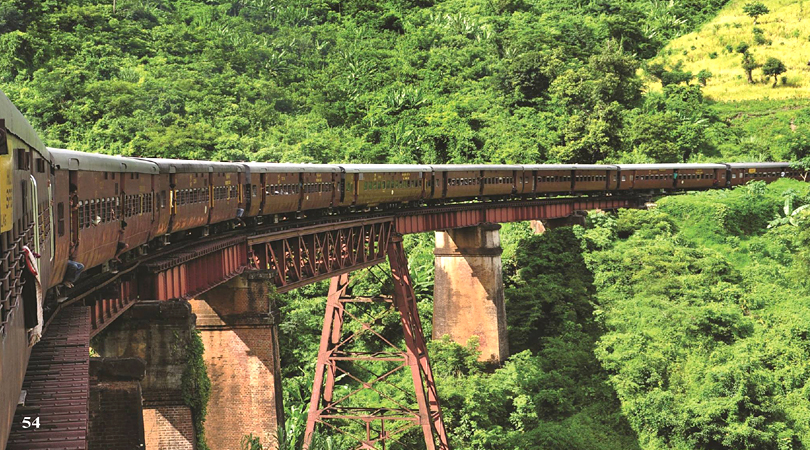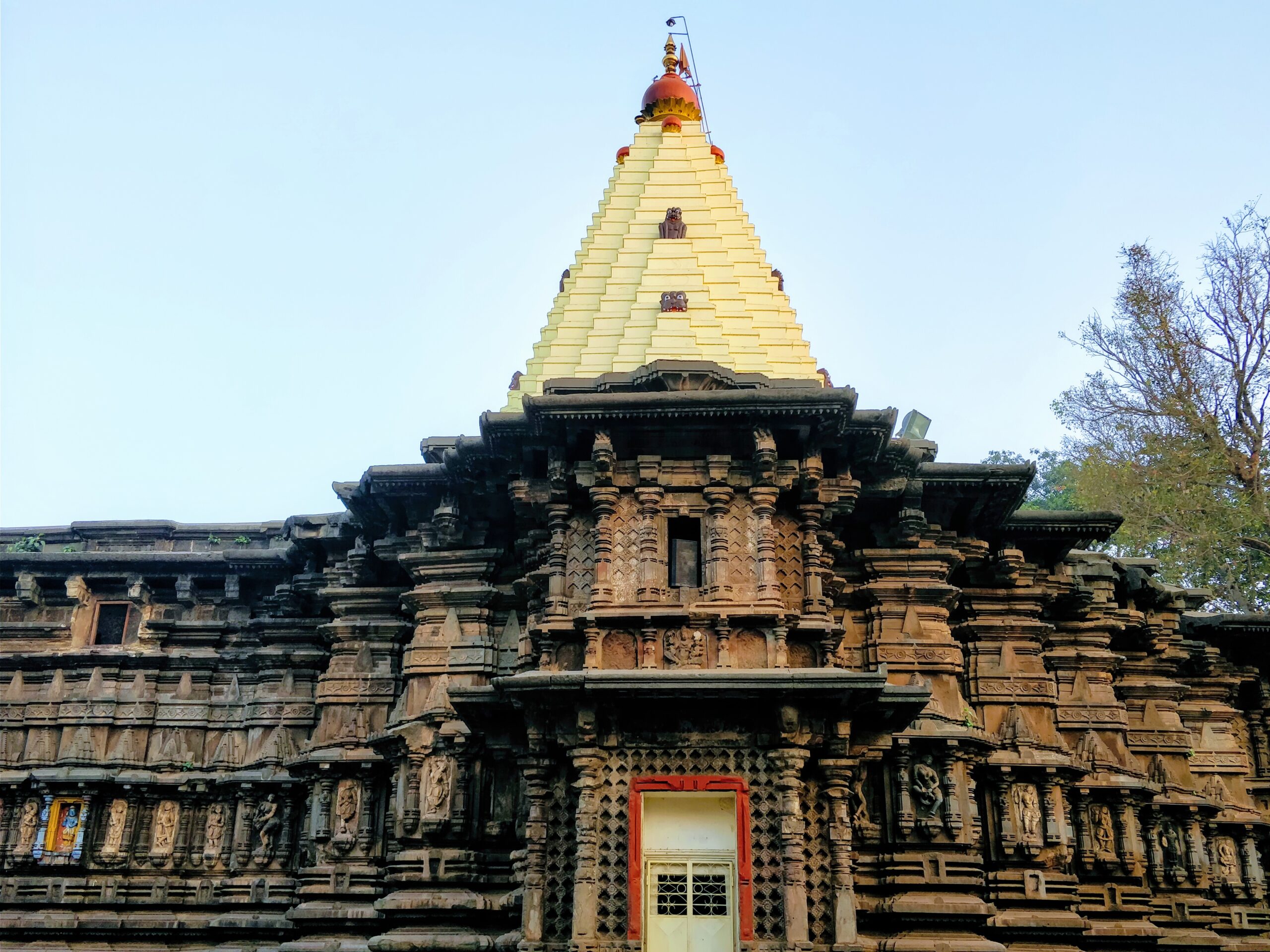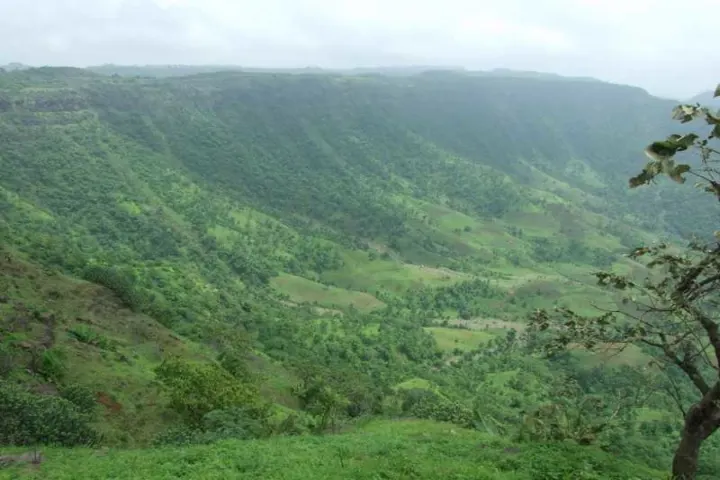Dhule
Maharashtra
A Land of Agricultural Backbone, and Spinal Health Revival
Nestled in the northwestern region of Maharashtra, Dhule is a city with a rich tapestry of historical, cultural, and geographical significance. Its name is believed to derive from the Sanskrit word “dhwala,” meaning “dust” — a nod to the city’s semi-arid terrain and the grit of its people. Over the centuries, Dhule has stood witness to various dynasties, from the Yadavas and Mughals to the Marathas and the British, all of whom have left their imprint on the city’s architecture, traditions, and cultural ethos.
Today, Dhule thrives as a vibrant cultural hub where traditional Maharashtrian customs coexist with modern sensibilities. Festivals such as Ganesh Chaturthi, Diwali, and Navratri are celebrated with exceptional enthusiasm. Streets come alive with colorful processions, rhythmic dhol-tasha beats, and captivating folk dances like Lezim and Lavani. The aroma of local delicacies such as puran poli, misal pav, pitla bhakri, and shrikhand wafts through the lanes, adding a rich culinary layer to the city’s identity. However, beyond this festive facade lies a community deeply entrenched in agriculture and physical labor, factors that significantly influence the region’s healthcare needs.

The majority of the population of Dhule is engaged in farming activities, cultivating crops such as cotton, soybeans, millet, jowar, and wheat. These farmlands, though fertile, demand intensive manual effort throughout the year. Farmers, often working from dawn to dusk, are required to bend, lift, plow, harvest, and carry heavy loads — all of which place a tremendous strain on the spine and musculoskeletal system. The lack of ergonomic awareness, coupled with the absence of early diagnosis and timely treatment, often results in chronic back pain, slipped discs, and debilitating spinal issues in both the elderly and the youth.
Recognizing these pressing challenges, The Spine Foundation initiated its outreach efforts in Dhule in September 2016. What began as a focused medical intervention has now evolved into a long-term mission to restore spinal health and improve the quality of life for thousands of residents. The Foundation’s medical camps, organized at regular intervals, have become a beacon of hope for rural populations who otherwise have limited access to orthopedic or neurosurgical expertise.
One of the critical factors behind the success of these initiatives is the Foundation’s strategic collaboration with Shri Bhausaheb Hire Government Medical College and Hospital. This partnership has facilitated a sustainable, evidence-based model of care that brings specialists from Mumbai and Pune directly into the heart of rural Maharashtra. These camps are more than just temporary clinics — they offer a comprehensive range of services including detailed diagnostic screenings using portable radiology tools, one-on-one consultations with trained spine specialists, physiotherapy guidance, and referrals for surgical intervention when necessary.

A typical camp in Dhule sees patients from neighboring villages queue up as early as 6 AM. Many of them have suffered for years without proper medical attention, relying instead on home remedies or traditional bone-setters. Through these camps, conditions such as spinal stenosis, cervical and lumbar spondylosis, herniated disks, congenital spine deformities, and injuries from falls or manual labor are identified and treated. In cases where surgery is required, patients are either guided toward subsidized care at urban centers or operated on through The Spine Foundation’s philanthropic network.
Community engagement plays a pivotal role in the success of these healthcare efforts. Local leaders, Accredited Social Health Activists (ASHAs), Gram Panchayat members, and school teachers are routinely involved in spreading awareness about spine care and mobilizing attendance for the camps. Educational workshops are conducted in schools and community halls to teach villagers about the importance of posture, safe lifting techniques, and daily lower back strengthening exercises. Leaflets in Marathi and visual demonstrations help overcome literacy barriers, making health education accessible to all age groups.
The Foundation also trains local physiotherapists and general practitioners to identify early symptoms of spinal disorders, thereby creating a sustainable, localized support system. Over time, these efforts help bridge the rural-urban healthcare divide and empower the community to take charge of their health.
For Dhule, these initiatives are more than just medical interventions — they represent a movement toward dignity, resilience, and informed well-being. The city’s story, with its historical depth, cultural vibrancy, and hardworking spirit, finds a renewed sense of purpose through these spinal health initiatives.
Join Us in Making a Difference
At The Spine Foundation, every patient we treat is a symbol of resilience—not just a victory over illness, but a triumph against neglect, poverty, and years of limited access to specialized healthcare. Our partnership with the Anandpur Spine Center exemplifies what is possible when compassion, collaboration, and medical excellence come together.
If you believe in the fundamental right to healthcare for all, and if you want to be part of a movement that is reshaping the landscape of spinal care in India’s most overlooked regions, we invite you to stand with us. Partner with us. Donate generously. Share our story.
Together, we can ensure that no spine is left unsupported, no pain goes unheard, and no community is left behind.

















 Silchar (Assam) : 13 FEB - 15 FEB 2026
Silchar (Assam) : 13 FEB - 15 FEB 2026
 Kolhapur (Maharashtra) : 20 FEB - 22 FEB 2026
Kolhapur (Maharashtra) : 20 FEB - 22 FEB 2026
 Dharampur (Gujarat) : 21 FEB - 22 FEB 2026
Dharampur (Gujarat) : 21 FEB - 22 FEB 2026
 Nandurbar (Maharashtra) : 27 FEB - 01 MAR 2026
Nandurbar (Maharashtra) : 27 FEB - 01 MAR 2026
